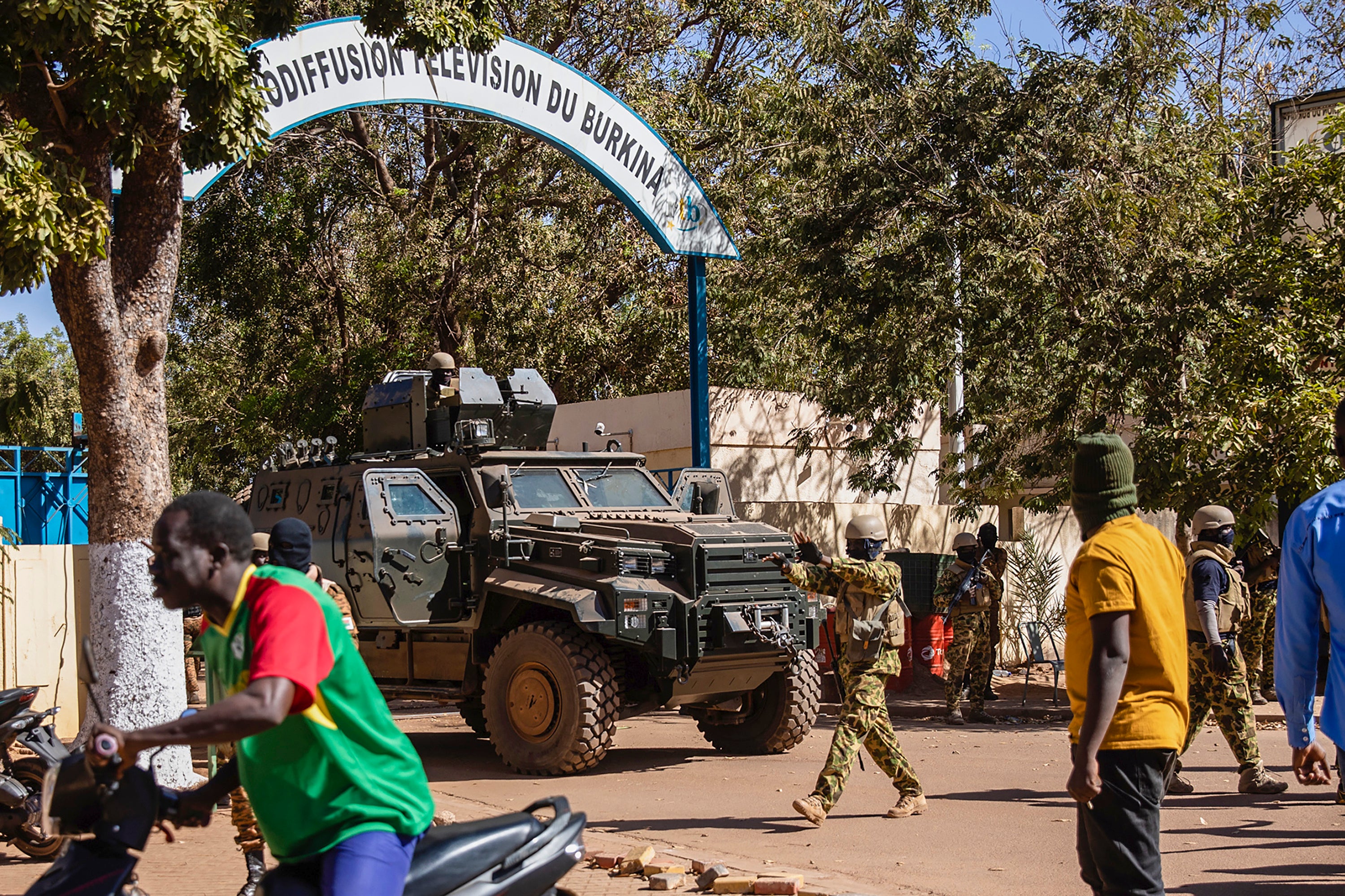Burkina Faso's military accused of killings, torture in latest Human Rights Watch report
A new Human Rights Watch report is accusing Burkina Faso's military of killing and torturing civilians in the country's northeast

Your support helps us to tell the story
From reproductive rights to climate change to Big Tech, The Independent is on the ground when the story is developing. Whether it's investigating the financials of Elon Musk's pro-Trump PAC or producing our latest documentary, 'The A Word', which shines a light on the American women fighting for reproductive rights, we know how important it is to parse out the facts from the messaging.
At such a critical moment in US history, we need reporters on the ground. Your donation allows us to keep sending journalists to speak to both sides of the story.
The Independent is trusted by Americans across the entire political spectrum. And unlike many other quality news outlets, we choose not to lock Americans out of our reporting and analysis with paywalls. We believe quality journalism should be available to everyone, paid for by those who can afford it.
Your support makes all the difference.A slew of extrajudicial killings, forced disappearances, and instances of torture by Burkina Faso's military has terrorized communities in the country's northeast this year, according to a Human Rights Watch report released Thursday.
The violence took place between February and May across the province of Séno. The report identifies at least 27 people who were either summarily executed or disappeared and then killed, most of them members of the Fulani ethnic group.
Jihadi fighters linked to al-Qaida and the Islamic State group have waged a violent insurgency in Burkina Faso for seven years. The violence has killed thousands of people and divided the country, leading to two coups last year.
The report by the New York-based watchdog comes in the wake of an April massacre in which residents say security forces killed at least 150 civilians in Karma, a northern village near the Mali border.
A Burkina Faso government spokesperson did not respond to a request for comment on the report.
In one account, 10 men in the village of Gangaol, all of the Fulani ethnic group, were hauled away in the backs of trucks, pushed out, and fired upon.
“The soldiers shot and I ran. I saw the others falling on the ground, but I kept running,” the HRW report quoted a survivor of the incident. Only four of the men survived, two of whom suffered critical injuries.
“In the cases we documented, most of those who have been victims of these crimes were from the Fulani ethnic group,” explained Ilaria Allegrozzi, the senior regional researcher at Human Rights Watch.
The Fulani people in Burkina Faso and Mali have been accused of collaborating with Islamic extremists, and as a result have often been targeted by security forces and others.
“The only reason is hatred,” said the father of a teen boy who had been shot by suspected government forces, according to the report.
The upsurge in violence comes as the nation’s government recently pledged to double its number of volunteer auxiliary military units, known as VDPs, to 100,000.
“The recruitment of VDPs has coincided with an increase of abuses by both sides,” Allegrozzi said.
Just as Burkinabe soldiers strike villages suspected of harboring extremist elements, the presence of army recruiters in a Burkina Faso community often invites violent intimidation by armed groups.
“I think it’s also important to recognize that they are fighting a legitimate war,” Allegrozzi said, referring to the armed forces. As recently as Monday, 34 members of the military were killed in an ambush by suspected extremist fighters, according to a government press release.
“What we are questioning is the way this fight is conducted, which is not according to human rights standards and doesn’t take into account civilian protection,” she said.
The targeting of civilians is unnecessary, inhumane, and ultimately counterproductive, the report also says.
“Executions and disappearances by Burkina Faso’s army are not only war crimes, but they breed resentment among targeted populations that fuel recruitment to armed groups,” Carine Kaneza Nantulya, deputy Africa director at Human Rights Watch, wrote in Thursday's report.
“Burkina Faso should ensure that provost marshals, who are responsible for discipline in the armed forces and detainees’ rights, are present during all military operations,” the report stressed, adding that transitional authorities should work with the U.N. human rights office to hold offenders within its military’s ranks accountable.